Both the UAE and Russia recently announced a halt to rice sales abroad, just a week after a similar ban from India.
The Ministry of Economy of the United Arab Emirates (UAE) announced on July 28 that it would suspend rice exports for four months. This regulation takes effect immediately and applies to all types of rice. The UAE also banned the re-export of rice imported from India after July 20.
Businesses that want to export and re-export rice will have to apply for permission from the Ministry of Economy. If approved, their licenses will be valid for 30 days.
The UAE imports 90% of its food each year. Supermarkets and rice suppliers in the UAE expect the move to lead to a temporary price increase. Last year, high food prices put pressure on the UAE and other Gulf countries.
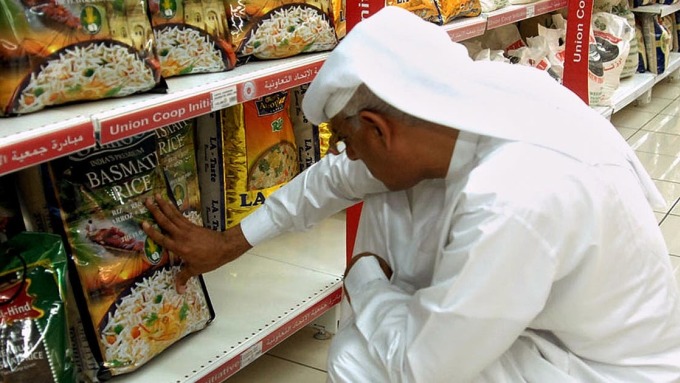
People buy rice at a supermarket in Dubai. Photo: AFP
On July 29, the Russian government also announced a ban on rice exports until the end of this year. The purpose is to stabilize the domestic market.
"The ban does not apply to the Eurasian Economic Union member states, as well as Abkhazia and South Ossetia. Besides, rice can still be sent abroad for humanitarian purposes," the Russian government's announcement said.
They also applied this restriction in the second half of last year. In July 2022, the Russian Ministry of Agriculture decided to ban the export of rice, cereals and amino acids used in animal feed until the end of the year. The purpose is to ensure domestic food security, maintain stable domestic prices of these products, as well as support the processing and livestock breeding industry. They then extended the ban until the end of June this year.
Rice is a staple food for more than 3 billion people worldwide. Demand for rice is also increasing.
The UAE and Russia's decisions come just a week after India, the world's largest rice exporter, banned international sales of non-Basmati rice (a popular variety in South Asia) to stabilize domestic prices.
Exports will only be allowed if Indian authorities allow them, at the request of the other government, to ensure food security in that country. Pre-orders will still be allowed to be completed. The Indian government said its decision will affect 25% of the country’s total rice exports.
The ban could weigh on global prices amid fears of El Nino damaging crops. Prices of other major grains have also spiked due to Russia-Ukraine tensions. India is also restricting exports of wheat and sugar.
Ha Thu (according to Reuters, Vedomosti)
Source link


![[Photo] Special class in Tra Linh](https://vphoto.vietnam.vn/thumb/1200x675/vietnam/resource/IMAGE/2025/11/14/1763078485441_ndo_br_lop-hoc-7-jpg.webp)

![[Photo] Unique architecture of the deepest metro station in France](https://vphoto.vietnam.vn/thumb/1200x675/vietnam/resource/IMAGE/2025/11/14/1763107592365_ga-sau-nhat-nuoc-phap-duy-1-6403-jpg.webp)

![[Photo] Unique art of painting Tuong masks](https://vphoto.vietnam.vn/thumb/1200x675/vietnam/resource/IMAGE/2025/11/14/1763094089301_ndo_br_1-jpg.webp)

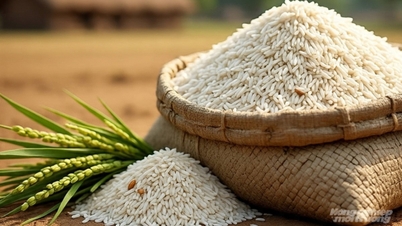

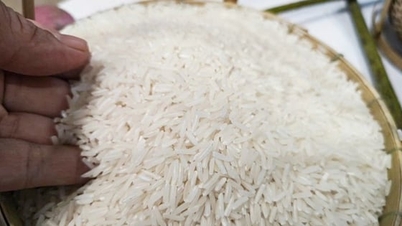


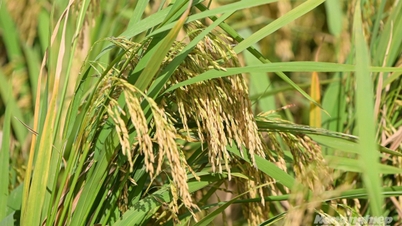
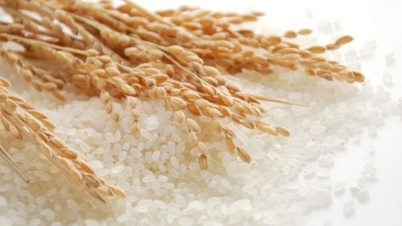

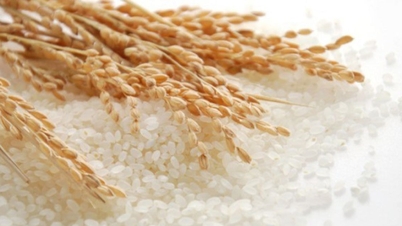


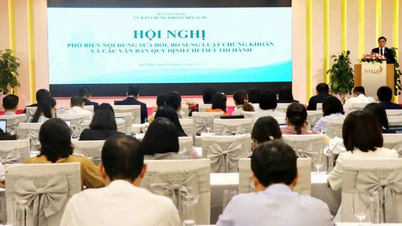

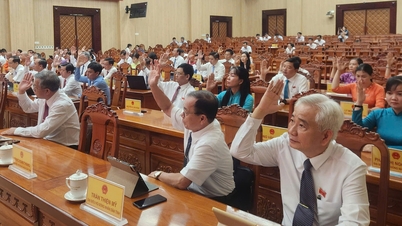


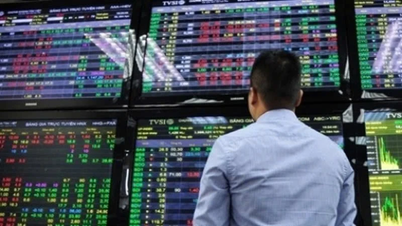
















































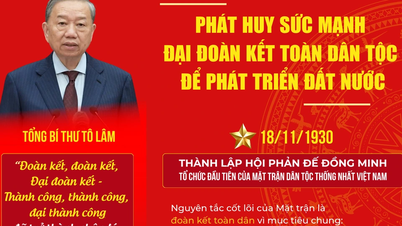

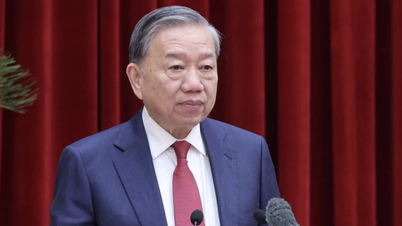





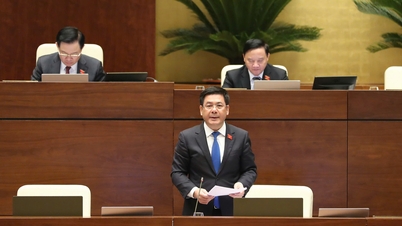




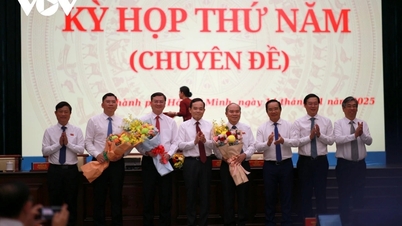

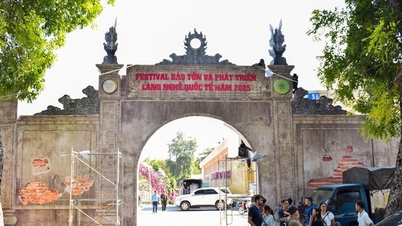

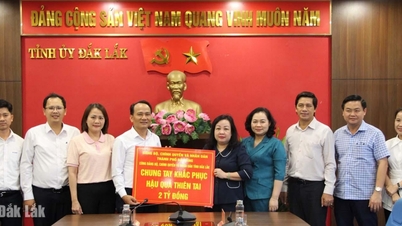

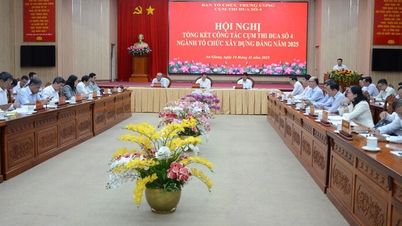


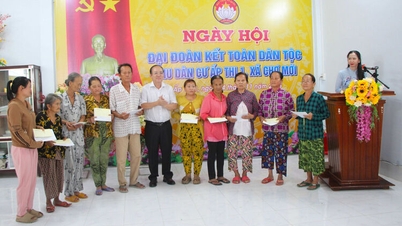
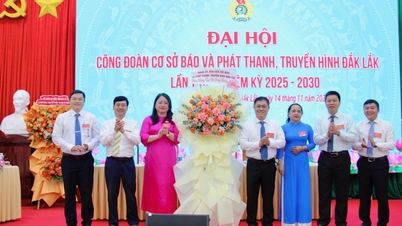

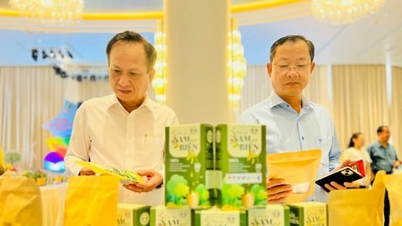










Comment (0)